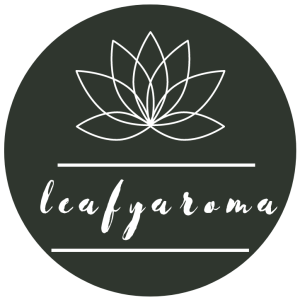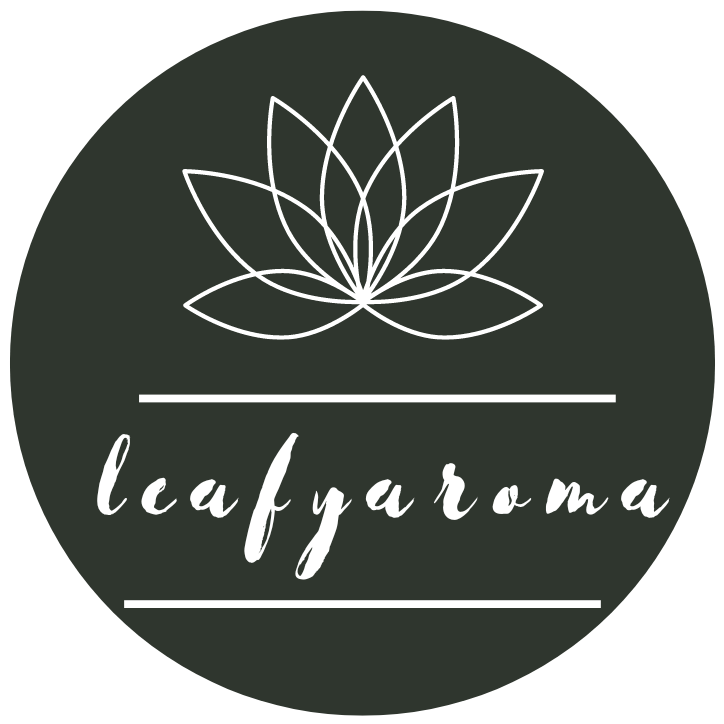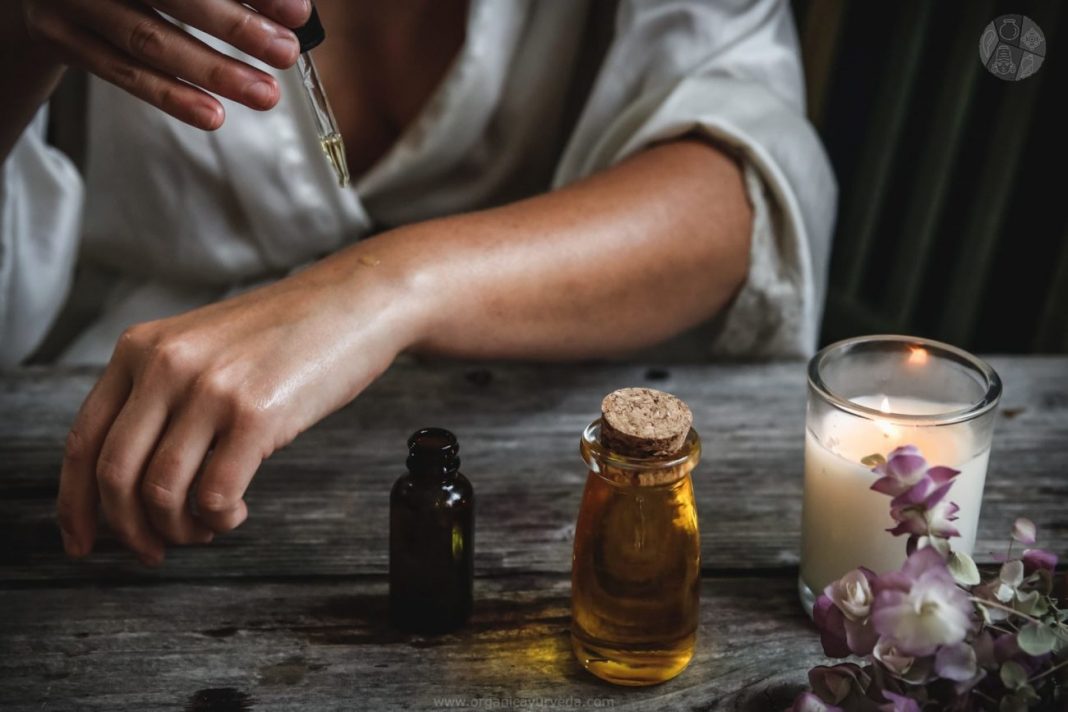THE DAILY ROUTINE
Our Dinacharya or daily routine aids us in bringing harmony and ease in body, openness to the heart and clarity to the mind, as well as inspiration and love for each day of our lives. Routine helps to establish balance in one’s constitution. It also regulates a person’s biological clock, aids digestion, absorption and assimilation, and generates self-esteem, discipline, peace, happiness, and longevity. From a Kriya Yoga perspective, cleansing or purifying one’s physical body also influences and purifies the subtler levels of our energy and being, also effecting our emotions and mind. Just following this routine each day is a yoga practice in and of itself that will have resounding effects on how you live your life, relate to life and connect with other beings. It will allow for the nadis to be purified and thus for prana to be channeled clearly, bringing harmony and balance on all levels and acting as an aid to living a life of freedom.
1. Wake Up Early in the Morning (Prathurathana)
It is good to wake up before the sun rises, when there are loving (sattvic) qualities in nature that bring peace of mind and freshness to the senses. The time 1 hour & 36 minutes before sunrise is called Brahma Muhurta, the ‘time of creation’. Sunrise varies according to the seasons, but on average Vata people should get up just before 6 a.m., Pitta people by 5.30 a.m., and Kapha by 4.30 a.m. Right after waking, look at your hands for a few moments, say a prayer and gently move them over your face and chest down to the waist to wake up the energy and cleanse the subtle body before beginning the day.
2. Say a Prayer before Leaving the Bed
“Divine, you are inside of me, within my very breath, within each bird, each mighty mountain. Your sweet touch reaches everything and I am well protected.
Thank you Divine for this beautiful day before me. May joy, love, peace and compassion be part of my life and all those around me on this day. I am healing and I am healed.”
Traditional Prayer to be said while gazing at the palms:
Karagre Vasate Lakshmi
Karamadhye Saraswati
Karamoole Sthita Gauri
Prabhate Karadarshanam
After this prayer touch the ground with your right hand, then the same hand to the forehead, with great love and respect to Mother Earth.
3. Scrape your Tongue (Jiva Mula Dhauti)
Gently scrape the tongue from the back forward with your tongue scraper, until you have scraped the whole surface for 7-14 strokes. This stimulates the internal organs, helps digestion, and removes dead bacteria. Ideally, vata can use a gold scraper, pitta a silver one, and kapha copper. Stainless steel can be used by all people.
4. Clean your Teeth (Dhanta Mula Dhauti or Dhantadavana)
Always use a soft toothbrush and an astringent, pungent, and bitter toothpaste or our Toothpowder. The traditional Indian toothbrush is a neem stick, which dislodges fine food particles from between teeth and makes strong, healthy gums. Licorice root sticks are also used. Roasted almond shell powder can be used for Vata and Kapha, and ground neem for Pitta.
5. Oil Pulling (Gandusha)
To strengthen teeth, gums, and jaw, improve the voice and remove wrinkles from cheeks, as well as draw toxins from the lymph system, gargle twice a day, on an empty stomach with our Gandusha Oil, or cold-pressed sesame, grapeseed or sunflower oil. Hold the oil in your mouth for 20 minutes, swish it around vigorously, pull it through the teeth, and then spit it out and rinse the mouth.
6. Clean the Eyes (Chakshu Dhauti)
Splash your face with cold water. Wash your eyes with cool water (or one of the eye washes mentioned below) and massage the eyelids by gently rubbing them. Blink your eyes 7 times and rotate your eyes in all directions. Dry your face with a clean towel.
Tridoshic eyewash: try triphala eyewash -¼ tsp. in 1 cup water, boil for 10 minutes, cool and strain. Pitta eyewash: use cool water or rose water from organic rose petals – most commercial rose water has chemicals in it that will sting the eyes. Kapha eyewash: try diluted cranberry juice, 3-5 drops in a teaspoon of distilled water.
*After the eyes are clean, apply natural Kajal to around the upper and lower lids to protect and lubricate throughout the day.
7. Nasal Cleaning (Jala Neti)
Use tepid water – ½ cup to ¼ tsp sea or rock salt, mixed in your Neti pot. Run the water through both nostrils and be sure to blow the nose gently afterwards and release any water and debris.
8. Nasal Drops (Nasya)
Putting 2 to 5 drops of the Nasya oil into each nostril in the morning helps to lubricate the nose, clean the sinuses, and improve voice, vision, and mental clarity. Our nose is the door to the brain, so nose drops nourish prana and bring intelligence. Nasya is a great treatment for any pain or discomfort in the shoulders, neck, face and head (e.g. sore neck/shoulders, headaches, allergies, congestion, loss of smell, sneezing, sinusitis). It helps to remove fatigue, tiredness, and weakness from the body. Oil Nose Drops are also very effective for insomnia, sunken & puffy eyes, and dark circles under the eyes.
For Vata: sesame oil, or vacha (calamus) oil. For Pitta: sunflower or coconut oil. For Kapha: grapseed or vacha (calamus root) oil.
9. Drink Water in the Morning
It is best to drink water with a little lemon juice or apple cider vinegar after you have scraped your tongue and cleaned the mouth. Drinking water from a copper vessel is also suggested, as it is cleansing for the entire system. This washes the GI track, flushes the kidneys, and stimulates peristalsis. It is not a good idea to start the day with tea or coffee, as this drains kidney energy, stresses the adrenals, causes constipation, and is habit-forming.
10. Evacuation
Sit, or better squat, on the toilet and have a bowel movement. Improper digestion of the previous night’s meal or lack of sound sleep can prevent this. However the water, followed by sitting on the toilet at a set time each day, helps to regulate bowel movements. Alternate nostril breathing may also help. After evacuation wash the anal orifice with warm water, then the hands with soap.
11. Oil Drops in the Ears (Karana Purana)
Conditions such as ringing in the ears, excess earwax, poor hearing, lockjaw, and TMJ, are all due to vata in the ears. Putting 5 drops of warm sesame oil or using our specially formulated Ear Oil in each ear can help these disorders.
12. Dry Brushing (Garshana or Udwarthanam) – Best for Kapha Dosha
Garshana is a traditional Ayurvedic dry massage that refreshes and stimulates the skin and lymphatic system, enhancing blood circulation and the release of accumulated toxins. To perform a Garshana, you will need natural silk gloves, a soft sponge, or a dry brush that gently removes dead skin layers. Massage your entire body, excluding your face. Also avoid sensitive areas and anywhere the skin is broken or inflamed. Use circular strokes on the stomach and joints (shoulders, elbows, knees, wrists, hips, and ankles), and long sweeping strokes on the arms and legs. The direction of the stroke should always be towards your heart as this helps drain lymph back to your heart. Massage from your feet upward, continuing up to your torso and on to your neck. Also massage from the hands to the shoulders. Continue for at least five minutes. Follow with a shower. Udwarthanam is dry massage but with a special herbal powder (Kolakulathadi)
13. Apply Oil to the Head & Body (Abhyanga) – Best for Vata & Pitta Dosha
Warm the Abhyanga oil by placing the bottle in hot water. Rub warm oil over the head and body. Use circular strokes on the stomach and joints (shoulders, elbows, knees, wrists, hips, and ankles), and long sweeping strokes on the arms and legs. Gentle, daily oil massage of the scalp can bring happiness, as well as prevent headache, baldness, graying, and receding hairline. Oiling your body before bedtime will help induce sound sleep and keep the skin soft. For Vata use sesame or safflower oil, Pitta can use sunflower or coconut oil, and Kapha sunflower or mustard oil.
14. Bathing (Snana)
Bathing is cleansing and refreshing. It removes sweat, dirt, and fatigue, brings energy to the body, clarity to the mind, and purity to your life. Consider the waters that you bathe in and don’t use chemical soaps, but instead a natural ubtan.
15. Dressing
Wearing clean, natural fiber clothing brings health and harmony.
16. Use of Natural Scents
Using natural scents, essential oils, or perfumes like our sacred essences brings freshness and can aid in bringing specific qualities into your life and being.
17. Yoga or Exercise (Vyayama)
Regular exercise, especially yoga, improves circulation, strength, endurance and self-knowing. It helps one relax and have a sound sleep, improves digestion and elimination, balances the nervous system and increases ones prana and thus healing capacity. Exercise daily to half of your capacity to not exhaust vitality, which is until sweat forms on the forehead, armpits, and spine.
18. Pranayama
After exercise, sit quietly and do some deep breathing exercises as follows:
12 Nadi Shodhana for Vata; 16 Cooling Sitali breaths for Pitta; 100 Bhastrika for Kapha
19. Meditation
It is important to meditate morning and evening for at least 21 minutes. Meditate in the way you are accustomed, or simply follow the breath. Meditation brings balance and peace into your life on all levels – body, mind and heart.
20. Now it is time for your breakfast!
Your meal should be light in the hot months or if your agni is low, and more substantial in the cold. And of course appropriate for your doshic needs!
Enjoy your day!
* Gratitude to Dr. Vasant Lad for these Dinacharya inspirations…




